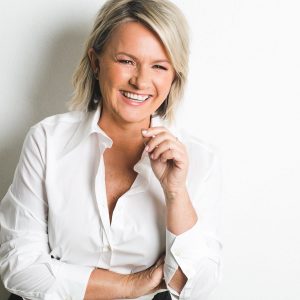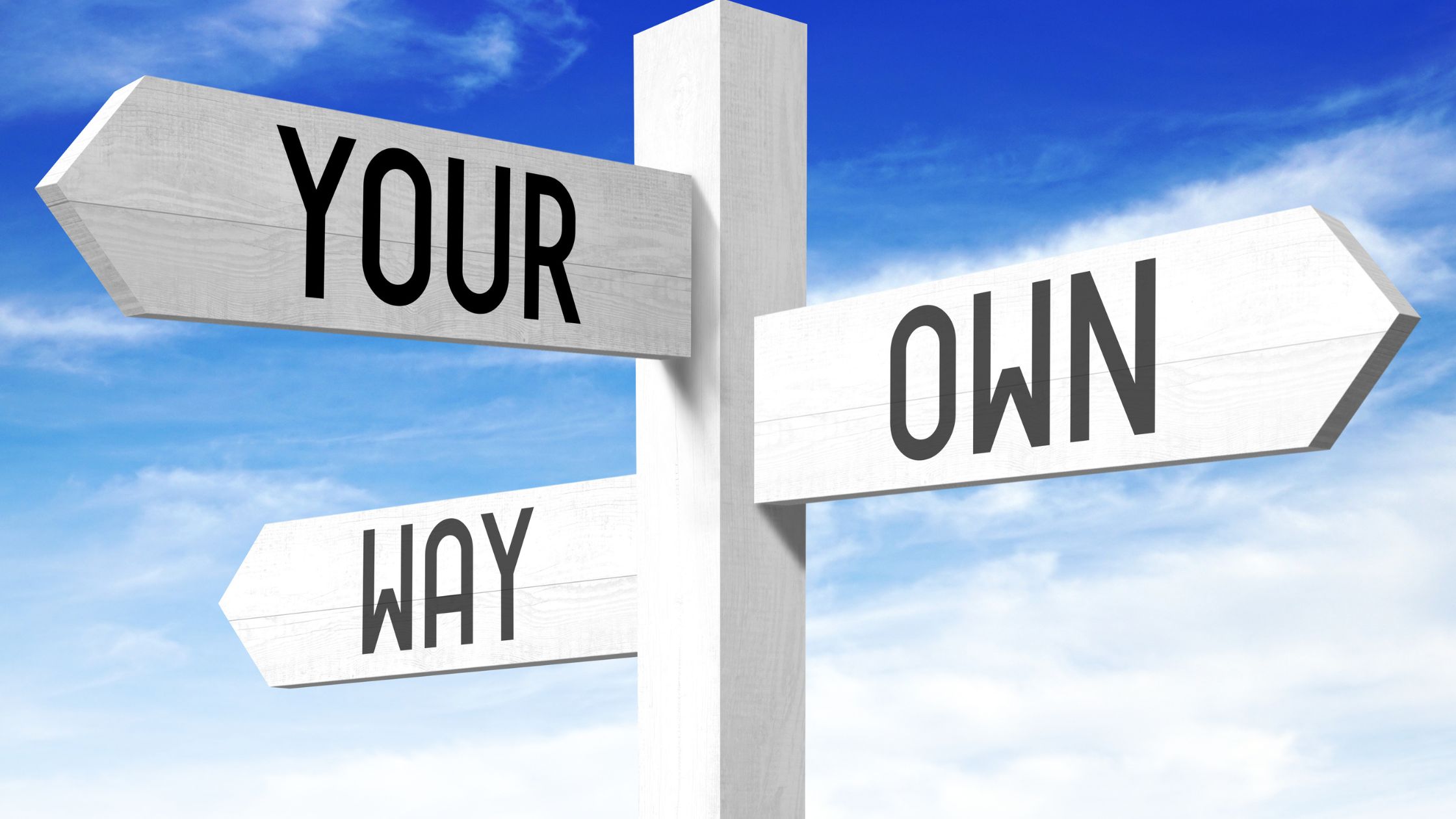Rule 2: Act selflessly, not selfishly
Guess what leaders, and everyone else for that matter: all eyes are on you! Everyone is watching your words, actions and choices. Are we all really in this together? As human beings we can be selfish especially when we are coming from a place of fear. We can get caught up in our selfish bubble. We can become tunnel visioned around what is only happening in our own world.
Neurobiology comes into play here too. It’s a survival mechanism especially in times of crisis and threat. In turn when we feel threat or fear, we are not thinking clearly and sometimes we can also show our true behaviour and colours. During this crisis, we have seen the best and worst of others and the ones who will come out on top are those who are courageous, kind and practice authentic leadership, which is about how you can help and serve others.
When I am coaching, connecting and speaking to leaders, they are finding it really challenging dealing with people and teams who are being downright selfish and only thinking of themselves. I know change scares us and most of us don’t know how to deal with change, especially during uncertainty.
I am incredibly passionate about Neuroscience and Leadership and when it comes to change or crisis the brain starts to focus on “What does that mean for me?”
This is a time which we can navigate and lead through these uncharted waters and change. It will either bring out the best or worst in you. We know there is so much uncertainty and change and I am not saying I have been perfect during this time however I focus on my values, purpose and vision at all times.
I know the only way to get through change and challenging situations is to give and serve others, and to be kind and courageous. It is about compassion and empathy. This is not a time to be SELFISH! Look at the executives and companies who are giving up salaries and bonuses to keep their people versus the companies who are not?
Let me share this reflection with you, how do you want to be remembered and what legacy and impact you want to leave. If you want to stop being selfish – practice gratitude, reach out to others and see how you can help, enjoy your time at home with loved ones, stop focusing on the negative and think about the positives, start learning and coaching others, hug your family, show you care, check in with others, show kindness – I could list 100’s of things you can do to show leadership.

You will be remembered by your actions and choices every day!
David Brooks’s a columnist for The New York Times and author of The Road to Character makes the case that our society’s shift from self-sacrifice to self-fulfilment is at the root of the collapse of the modern nuclear family. As he writes, “People with an individualistic mind-set tend to be less willing to sacrifice self for the sake of the family, and the result is more family disruption.” People used to value sacrificing for the love and support of others, now they see others as a means to self-fulfilment.
Sheena Amin, contributor to the Huffington Post indicates that many people distinguish selfish people as those who take and selfless people as those who give. Generally speaking, “selfless” gets a warmer welcome and is more widely accepted as “good”, Sheena challenges both generalizations. Neither selfishness nor selflessness is good or bad. In fact, the two concepts are intricately linked. Here’s Sheena’s take on it: You can be both selfish and/or selfless; we all are. We may be selfish in some areas, yet completely selfless in other areas. Remember the importance of being selfish is equivalent to the importance of being selfless in living a human life. The latter is not possible without the former. Much of our modern world is an existence that forces people to forget that they are human. We often live like parasites, taking all that is necessary from others for our own individual gain. It is when we begin to selfishly love ourselves and selflessly love others that we become in touch with our humanity.
In my experience, ‘The Best Leaders Put Others First.’ Within some corporate structures, the leader is at the top of the pyramid, on higher rung than others, without peer. The financial bottom line can make these structures appear successful and model-worthy at first, but their profit is gained at the expense of the wellbeing of everyone else who makes up the organisation. Typically, leaders that put themselves way out in front are not trusted, and do not get the best performance the people they work with.
Good leaders, on the other hand, make others feel safe. When leaders put the well-being of the people in their care first, the security they offer their people translates into better teamwork, better effort, and far greater results. Simon Sinek, leadership expert, points out in his popular Ted Talksthat in the military, the best leaders are the ones who make sacrifices for others. They are the ones who inspire others to brave and incredible acts, because they nurture the mentality, ‘He would have done the same for me.’ Sinek notes that when soldiers of different ranks eat together, the higher ranking officers eat last, ensuring the people in their care have the resources they need to do the job the need to get done. According to Sinek, this strategy works well because of how we, as humans, are hardwired. “When people feel safe and protected by the organisation, the natural reaction is to trust and cooperate.”
The most effective models of leadership, then, are not the hierarchies we may expect. Democratic leadership, or even the surprisingly named ‘servant leadership’, offer a different approach. In these models, the leader, through their superior listening skills, ability to empathise and understand what workers are experiencing, can make judgements about the direction most likely to be successful, and then be a steward for the workers towards their shared goal. The object is to allow for everyone to grow and develop their skills and talents together, safe in the knowledge that such a community will make sacrifices and share successes with one another. Like parents, real leaders want to give all opportunities for growth and development they possibly can.
The actions of Harold Lowe, a 29-year-old officer on board the Titanic, is an excellent example of selflessness. He was the only person who returned to the site of the shipwreck to save survivors. Despite fearing that the his boat would be swamped by desperate people and eventually drowned, Lowe turned his boat around and went back, saving as many as six people from the freezing sea.
Everyone has the potential to be a great leader, taking care of those on either side of them, dispensing with notions of rank. Placing high importance on the needs of others will provide an environment in which they feel safe to do their best work. As Sinek says “We don’t want our leaders to do things for us. We want them to trust that we can do things. And if we fail, let us try again!”
How do you operate as leader? Do you agree that it’s best to put others first? What do you think is missing today when it comes to critical leadership skills?
Author – Sonia McDonald

Sonia McDonald is changing the face of leadership across the globe. She believes we should lead with kindness and courage, from the heart, and is known for her mantra ‘Just Lead’. She leads by example in all these areas and through her transformational coaching, leadership training programs and cultural transformation for organisations and encourages others to do the same. Sonia has helped thousands of people on their leadership journey to become the best version of themselves and in turn, inspire and bring out the best in others.
Sonia is a founder and CEO of McDonald Inc., LeadershipHQ and Global Outstanding Leadership Awards and the newly launched Courage Conference. For more than 25 years, Sonia has been on the front lines of leadership and she is beyond committed to her mission around building a world of great leaders.
She has held leadership positions worldwide and through experience, research and study come to realise what it takes to be a truly great leader. She has been recognised by Richtopia as One of the Top 250 Influential Women across the Globe and Top 100 Australian Entrepreneurs.
Sonia has an ability to speak bravely and authentically about her own development as a leader, personal and career challenges in a way which resonates with her audience. She is a leading coach, an award-winning published author of newly released First Comes Courage, Leadership Attitude and Just Rock It! and has become an in-demand keynote speaker on leadership, kindness and courage.
Sonia has become recognised for her commentary around the topic of leadership, kindness, empathy and courage as well as building outstanding leadership across the Globe.



